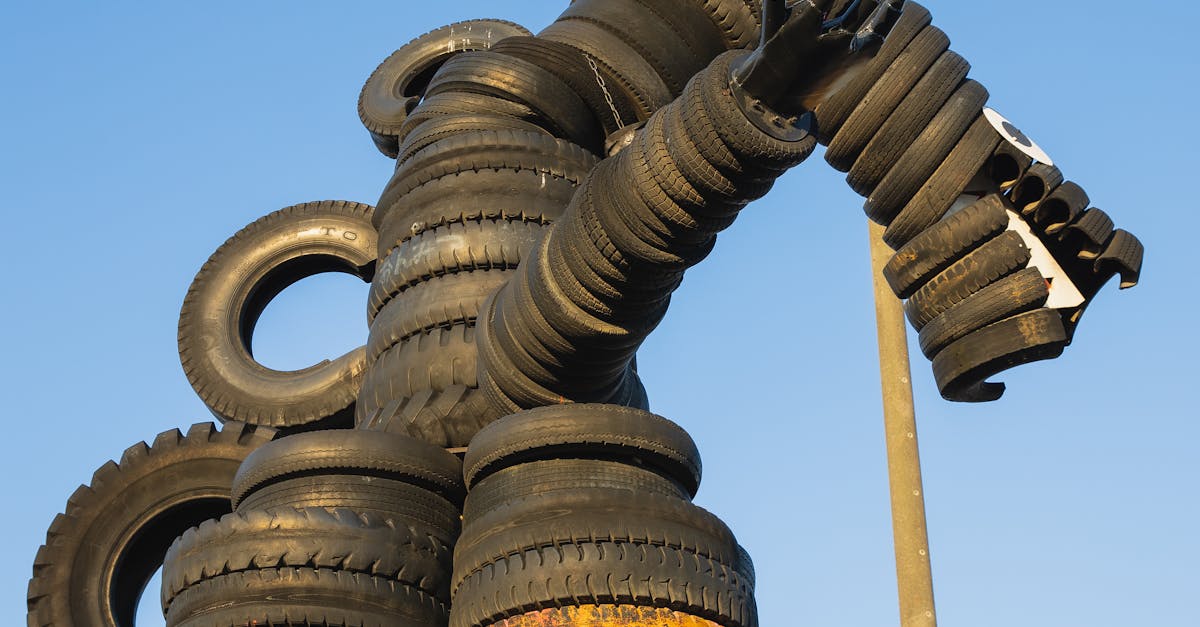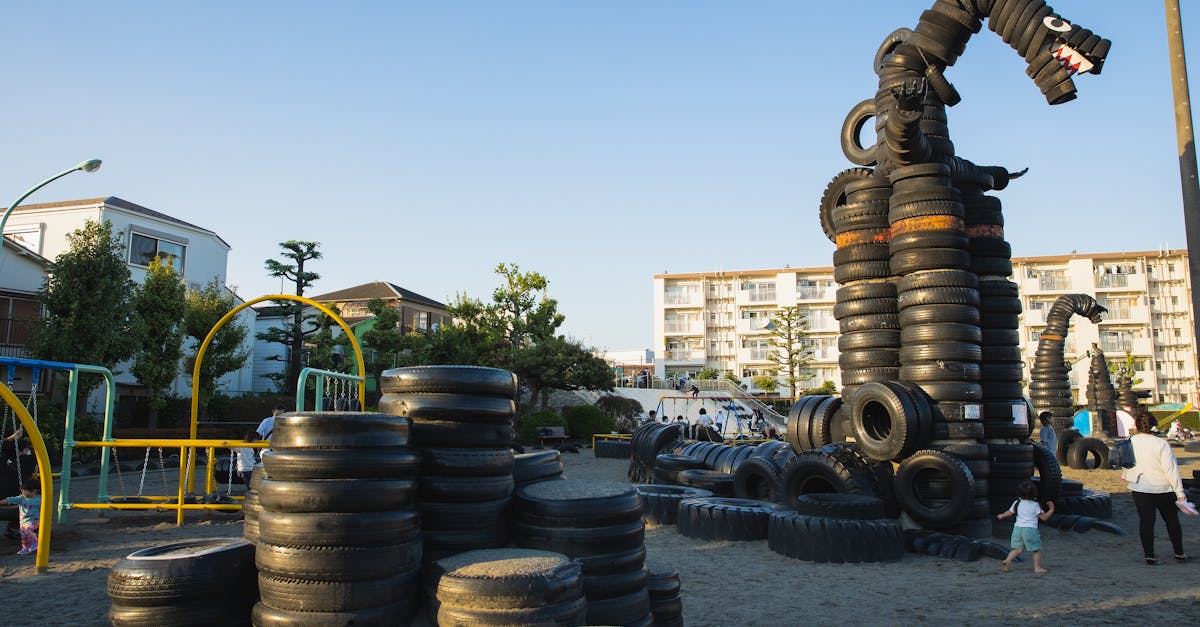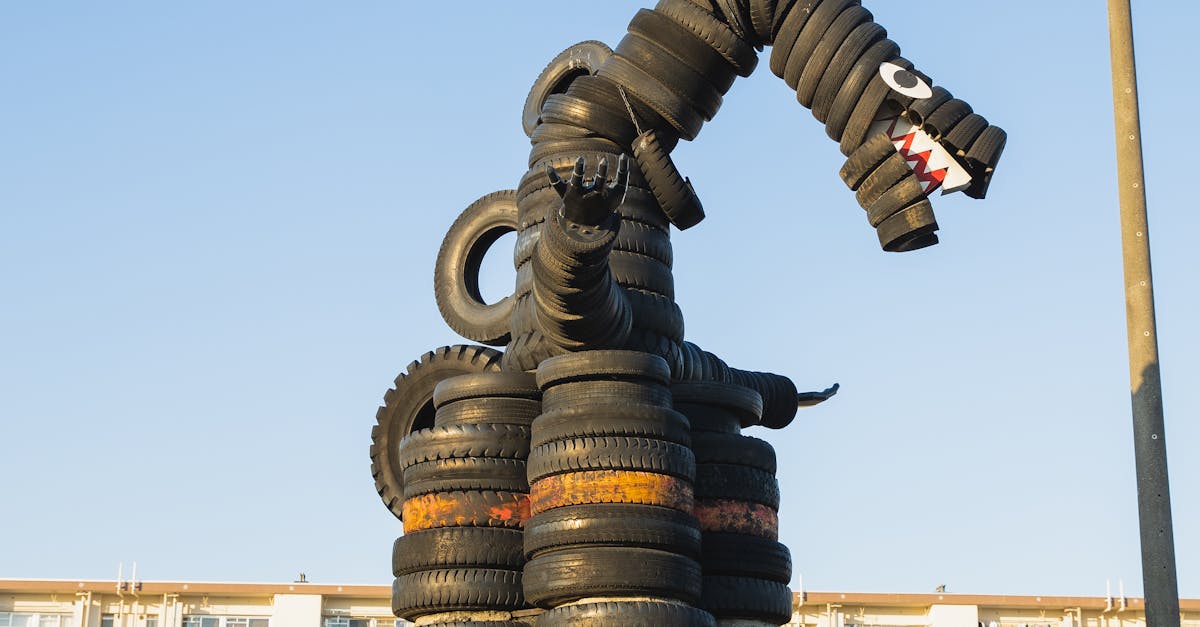
At junkremovalspringhill.net, we offer convenient and efficient Yard Waste Removal services for our customers in Spring Hill and surrounding areas. Our team is experienced in handling all types of yard waste, including grass clippings, branches, leaves, and more. Whether you have a small amount of yard waste or a larger, more cumbersome pile, we have the equipment and expertise to dispose of it properly and responsibly. Our goal is to make the process as easy as possible for you, leaving your outdoor space clean and clutter-free. Contact us today to schedule your Yard Waste Removal service and let us take care of the dirty work for you.
Hazardous Materials Handling in Yard Waste
Hazardous materials can pose a significant challenge when it comes to managing yard waste. It is crucial for homeowners and landscaping professionals alike to be aware of the potential risks associated with handling certain types of debris. Items such as old paint cans, batteries, and pesticides should never be thrown in with regular yard waste, as they can contaminate the environment and present health hazards.
When dealing with hazardous materials in yard waste, it's important to take the appropriate precautions. This includes wearing protective gear such as gloves and masks, as well as using designated containers for the disposal of these items. Proper disposal methods for hazardous waste should be adhered to at all times to ensure the safety of both individuals and the environment.
Safely Removing and Disposing of Dangerous Debris
When it comes to safely removing and disposing of dangerous debris from yards, homeowners must proceed with caution to prevent any harm to themselves or the environment. Hazardous materials like chemicals, construction debris, and electronic waste require special handling and disposal methods to ensure they don't pose a threat. It's important to be aware of local ordinances regarding the proper disposal of such items and to follow them diligently to avoid fines or legal consequences. Improper handling of dangerous debris can result in environmental contamination and health risks, so it's crucial to take the necessary steps to dispose of them safely.
In addition to hazardous materials, other types of debris such as old mattresses, plastic bags, and tree branches can also present challenges when it comes to removal and disposal. Homeowners should consider separating different types of waste to facilitate recycling and proper disposal processes. For instance, items like plastic bags can be taken to recycling facilities, while yard waste such as tree branches and leaves can be composted or disposed of in designated green waste bins. By implementing effective waste segregation practices, homeowners can contribute to environmental sustainability and ensure that dangerous debris is handled safely and responsibly.
DIY Yard Waste Removal Tips
For those looking to tackle yard waste removal on their own, there are several tips to consider. First, it's important to separate organic materials like leaves and branches from other types of debris. Utilizing recycling bins for recyclable materials and setting aside organic waste for composting can help streamline the removal process. Additionally, consider hosting a bonfire if local regulations allow, as it can be an efficient way to dispose of certain types of yard waste.
Another useful tip for DIY yard waste removal is to donate any items that are still in good condition. This not only reduces waste but also benefits others who may be in need of such items. When handling yard debris, be cautious of any potentially hazardous materials such as mold or sharp objects. Prioritize safety by wearing appropriate protective gear like gloves and goggles to prevent injuries during the cleanup process.
Effective Strategies for Managing Yard Cleanup Projects
Effective strategies for managing yard cleanup projects involve proper planning and organization. Start by assessing the scope of the project and identifying the specific types of yard waste that need to be removed. Sort the waste into different categories such as organic material, recyclable waste, and hazardous materials to streamline the disposal process. Ensure that you have the necessary tools and equipment such as garden tools, lawn mowers, and waste removal bags to make the cleanup efficient and effective.
Once you have sorted the yard waste, consider utilizing eco-friendly disposal methods such as composting organic material and recycling recyclable waste. Create a compost heap for organic waste and utilize a wood chipper to recycle branches and shrubs. For hazardous materials like paint or corrosive substances, dispose of them safely according to local regulations. Additionally, consider donating or selling usable items like scrap metal or old lawnmowers to reduce waste and promote resource conservation. Properly managing yard cleanup projects not only enhances the aesthetics of your property but also contributes to environmental sustainability.
Seasonal Yard Waste Management
Seasonal yard waste management is crucial for maintaining a clean and organized outdoor space throughout the year. During the fall season, it's common for yards to be covered in fallen leaves, branches, and other debris. To effectively manage this waste, homeowners can rake leaves into biodegradable bags for curbside recycling or use them as compost for their gardens. Additionally, old or damaged outdoor furniture and equipment can be properly disposed of by contacting waste collectors or renting a dumpster for larger items.
As winter approaches, yard waste management shifts to clearing snow and debris to prevent damage to the landscape. Snow removal equipment such as snow blowers and shovels can help keep pathways clear and ensure safe access to the property. It's important to safely handle any hazardous materials like batteries or chemicals that may be exposed during winter cleanups to prevent environmental contamination. Moreover, maintaining proper drainage systems like clearing stormwater drains can prevent flooding and water damage during the colder months.
Handling Debris Removal During Different Times of the Year
Handling debris removal during different times of the year requires careful consideration of the unique challenges presented by each season. In the spring and summer months, yard waste such as grass clippings, weeds, and pruning remnants can accumulate rapidly. It is essential to regularly mow the lawn, trim back overgrown vegetation, and dispose of any organic material in compost piles or paper bags for recycling. Additionally, maintaining gutters, drainage systems, and shrubs can prevent blockages and ensure proper water flow, especially during heavy rains.
As fall approaches, the focus shifts to clearing fallen leaves, trimming tree branches, and preparing the yard for winter. A crucial aspect of autumn debris removal is managing excess leaves through raking, mulching, or composting. Properly disposing of yard waste helps prevent clogged gutters, promotes a tidy landscape, and reduces fire hazards, especially when leaves are used for bonfires. It is also important to secure outdoor furniture, sheds, and fencing to prevent damage from strong winds and storms that often accompany the changing seasons.
FAQS
What are some common hazardous materials found in yard waste?
Hazardous materials commonly found in yard waste include pesticides, herbicides, motor oil, paint, batteries, and other chemicals that can be harmful to the environment if not disposed of properly.
How can I safely remove and dispose of dangerous debris from my yard?
To safely remove and dispose of dangerous debris from your yard, make sure to wear protective gear such as gloves and a mask, carefully handle the materials, and properly dispose of them at designated hazardous waste disposal sites.
What are some DIY yard waste removal tips?
Some DIY yard waste removal tips include composting organic materials, recycling yard waste like branches and leaves, using a chipper/shredder for mulch, and creating a designated area for yard waste storage.
What are some effective strategies for managing yard cleanup projects?
Effective strategies for managing yard cleanup projects include creating a plan of action, dividing tasks into manageable sections, utilizing proper tools and equipment, enlisting the help of family or friends, and setting realistic goals for completion.
How should I handle debris removal during different times of the year for seasonal yard waste management?
During different times of the year, adjust your debris removal efforts by focusing on tasks such as raking leaves in the fall, pruning trees and shrubs in the spring, clearing snow in the winter, and maintaining lawn and garden areas in the summer for comprehensive seasonal yard waste management.



